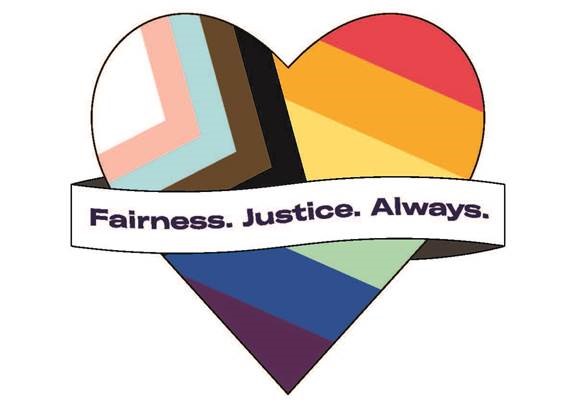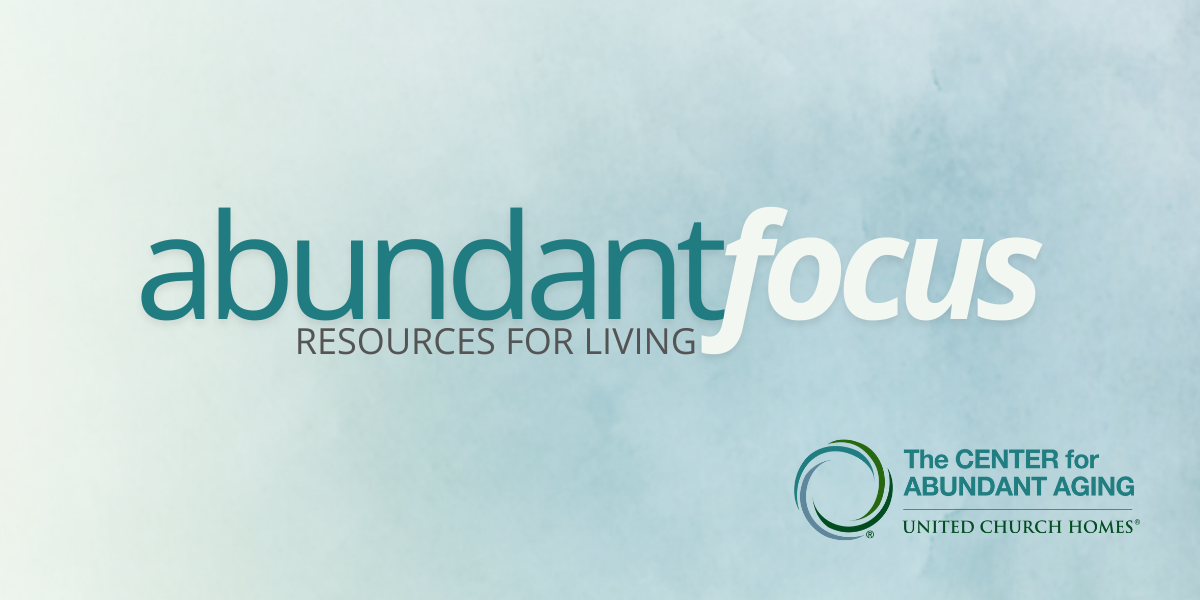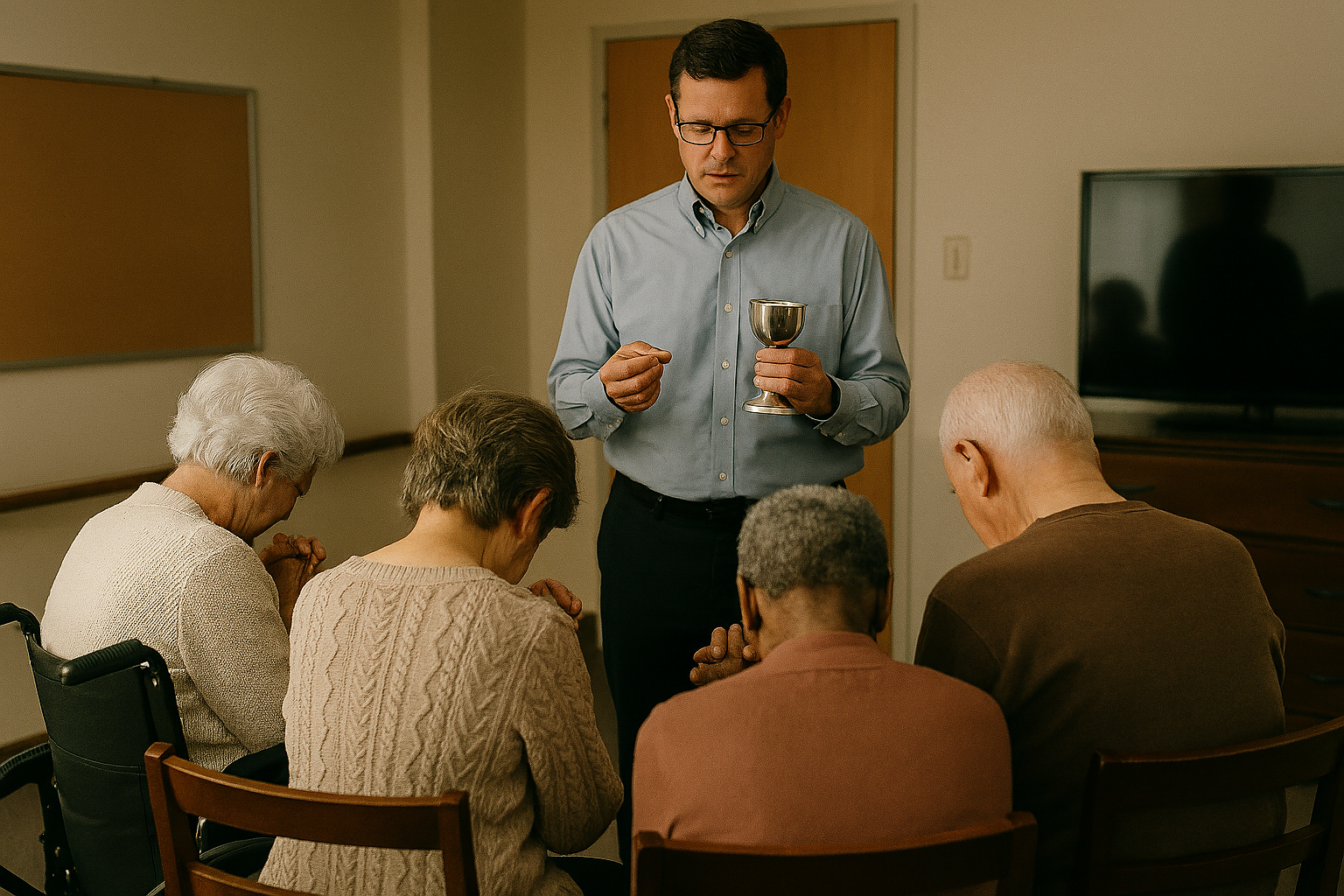About 18 months ago, Alexander Leon, a writer with the LGBTQ-group Kaleidoscope Trust in London, tweeted a powerful observation about the lived realities of LGBTQ people that quickly went viral, shared millions of times around the world.
“Queer people don’t grow up as ourselves, we grow up playing a version of ourselves that sacrifices authenticity to minimize humiliation and prejudice,” Leon wrote. “The massive task of our adult lives is to unpick which parts of ourselves are truly us and which parts we’ve created to protect us.”
For me, that statement is both the essence and explanation of Pride Month, observed each June, when lesbian, gay, bisexual, transgender, queer and questioning people (LGBTQ), and our straight allies, remember our individual, collective, and ongoing overcoming of childhood stigma and shame, trauma and violence, self-denial and self-loathing. Pride celebrates our courage to step out of closets of dishonesty, too often forced upon us by homophobic/transphobic families and churches, and ultimately to live out loud the truth of our lives. We boldly step into the redemptive light of self-acceptance, self-love, and self-determination, and we demand full legal and lived equality.
The Folly of Secrets
I will turn 55 soon, but I can still vividly remember the day I stood in front of my bathroom mirror 43 years ago, looked deeply into my own eyes, and uttered these words to myself, “Ben, you are gay, but you can keep a secret.” It was my first truthful moment of self-awareness, but also my determined obedience to the shame-induced belief – entrenched all around me – that I was inherently and completely unacceptable, unless I pretended to be otherwise.
As it turns out, I wasn’t all that good at keeping my secret. Others sensed it about me, without me needing to speak a word. I was called “faggot” and “queer” at least 20 times throughout the course of a single school day or bus ride. Sometimes the taunts were whispered in my ear while standing at my locker during class changes, other times shouted at me during large assemblies so other kids could witness my humiliation. I was pushed and shoved, my books and papers frequently knocked out of my hands. There were about 10 or so bullies that I would do everything in my power to avoid – at school, in my neighborhood, or at community events. A handful were even members of my church youth group. There was no escape.
Formidability
I didn’t have a miserable childhood – wonderful in many respects, with a loving family, to be sure – but the bullying I endured as a gay kid was formidable.
My gayness manifested for others to see through my gentleness and tender heart. I liked ideas, words, causes, politics, theatre, and music. I believed strongly that goodness could change the world, and I channeled a lot of my young life into activities that kept me in the company – and safety – of adults, rather than other kids.
Ultimately being gay is what drove me to ministry, service, and activism. I cannot authentically share my own sense of “call” or “vocation” without, first, being open about my experience of being different in a majority-straight world and macho-heterosexist culture. The childhood ostracism is part of that, yes, but more so the influence of the inspiring community of LGBTQ people that became the center of my college and seminary years, and my entire adult life.
Lift Up Your Hearts
All the painful aspects about growing up as a taunted gay kid turned out to be powerful influences on the adult I would become – and still strive to be – today.
Three years ago, I was part of a yearlong leadership program that encouraged us to find a single word – just one word – that would become our personal mantra and mission statement going forward. I felt the assignment was contrived and silly, and I struggled with it.
Thankfully, an epiphany arrived, and I remembered all the times I had been told by others – either directly or indirectly – that I was weak because I cared too much. My heart was too soft, too tender, too un-boyish. In my reflection, it soon became clear to me that my one word must be – and had always been – “heart.” I had finally claimed my big-heartedness as my superpower, not the kryptonite some others saw it to be.
Pride Includes, Empowers All
Being a member of the LGBTQ community is about more than just sexual attraction, as important as that is. (I’ve been in a relationship with – and married to – another man for 20 years.) But it’s also about being freed from cultural expectations and gender norms that just don’t fit us. We can each be as boldly stereotypical or wildly a-stereotypical as we know ourselves to be, in different aspects and at any stage of our lives. And that’s wonderfully okay.
This is why so many straight people love Pride Month, too. In addition to celebrating the lives and loves of their LGBTQ friends and family members, straight allies also have come to know the liberating joy of accepting their own utterly beautiful personhood.
“It takes courage to grow up and become who you really are,” the poet E.E. Cummings once wrote. “To thine own self be true” is how William Shakespeare phrased it. Or, as scripture puts it, “You are altogether beautiful, my darlings, flawless in every way.” (Song of Songs 4:7)
The trick and test of life is to believe and hold fast to that wonderful fact, for as many days and for as many years as you can.
As we age, we naturally look back on our lives with some degree of remorse and regret, some painful memories and bad experiences, but we also delight in the many shaping forces that have equipped us to face all tomorrows with our heads held high with dignity, courage, and resilience. If you know that truth and live that understanding, then you are just as eligible as anyone else to wave your rainbow flag this June – and all throughout the year. Happy Pride!
View all articles by:






















